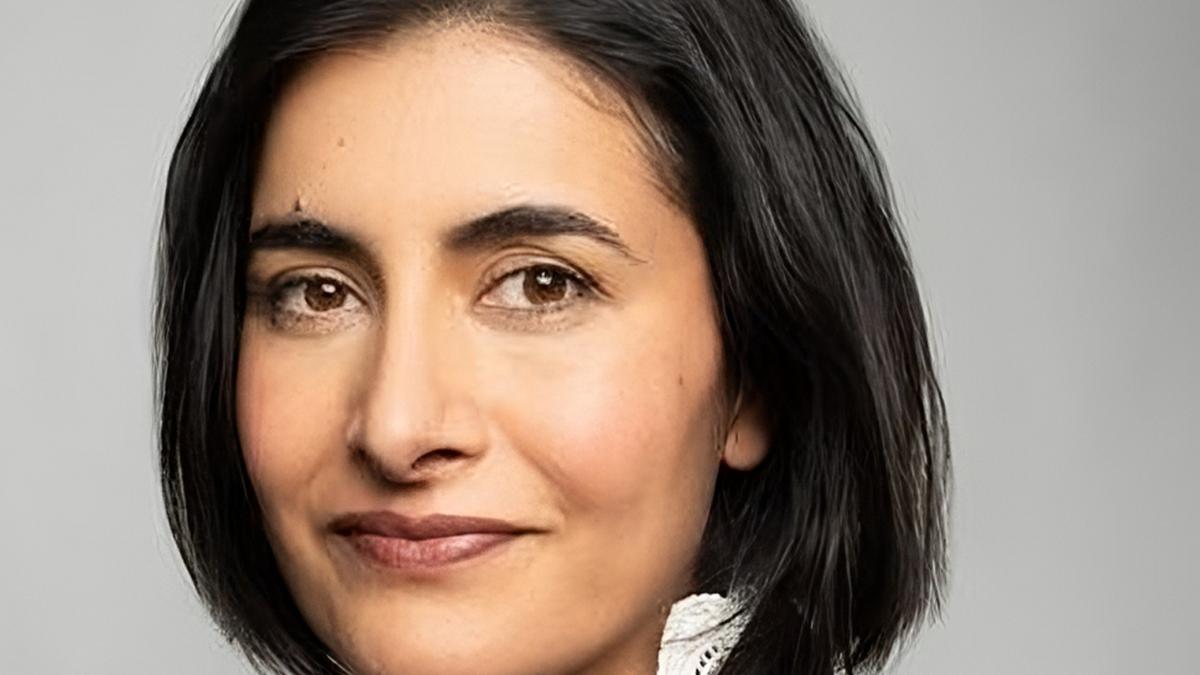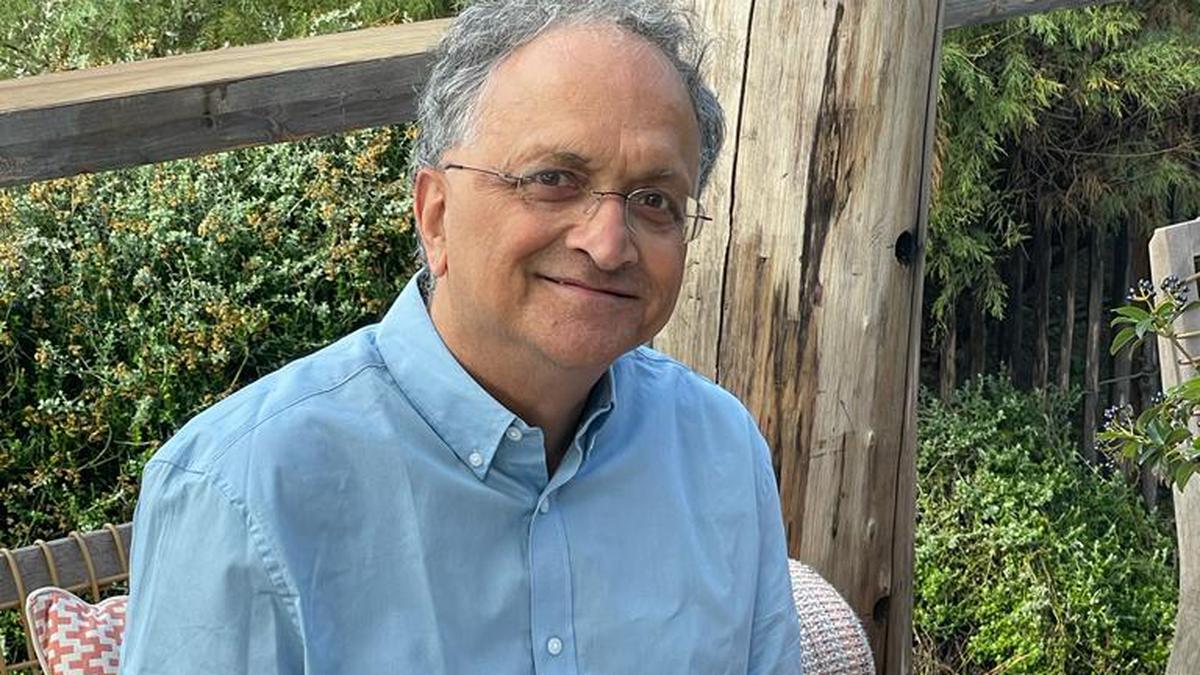It’s safe to say that Priyanka Mattoo’s life and career have often taken the scenic route. Born in Kashmir, she grew up in England, Saudi Arabia and the U.S. She has worked as a talent agent in Hollywood, produced podcasts, is a partner at the comedian Jack Black’s production company making TV shows and films, and her writing has appeared in various international publications. Her memoir, Bird Milk and Mosquito Bones, traces this journey through countries and cultures, while remaining, at heart, a story about being Kashmiri and all the loss and longing that comes with it. Edited excerpts from an interview.
Books about Kashmir usually tend to be about the violence the place has witnessed. Yours is largely about your family. What prompted you to make that choice?
I’m by no means a political correspondent, I am simply a person who was born in Kashmir and has grown up with this specific history. And I traffic in personal essay. That said, my personal history happens to be one that people love to shout about online, for political points or clicks, and I wasn’t at all interested in adding to the noise. It’s all just blended into a roar for me, after a lifetime of hearing it. I wanted to celebrate all the things I love about my people — our strength, our sense of humour, our shared stories — outside of what has happened to us.
Rogan josh: select mutton pieces cooked in Kashmiri onion gravy with cockscomb flower water. | Photo Credit: Mohammed Yousuf
Food is an important construct for your connect with your roots. You write about wrangling your mother’s ‘rogan josh’ recipe out of her. Tell us why food is an important aspect of family and identity.
This is a question a lot of non-diaspora desis are interested in because I think you see it as a trope — and maybe it is! But in the shifting abroad, I think we feel some level of comfort in knowing that no matter what lies just outside, we can always count on home cooking to remain the same. We moved an incomprehensible number of times, but the one constant was my family, and my mother’s cooking —which I had to learn, and connected me to her once I also left. Trope or not, that’s my truth. There’s also something very specific to Kashmiri cooking in that it’s near-impossible to get in the U.S. if you’re not at a Kashmiri’s home. I can’t just order it. Not that I’d want to.
Women in boats on Dal Lake carry lotus leaves, to be used as food for livestock, in Srinagar. | Photo Credit: Nissar Ahmad
It’s always a little difficult writing a memoir about a wholesome, loving family. It is only when you move to the U.S. as a teenager that you record some dissonance with your parents. How did you bridge the gap between what you wanted to do and what your parents allowed you to do?
My parents didn’t allow me to do much, to be honest — it was quite an extreme, old-fashioned clampdown once we moved to America, borne of fear that I might run wild. It was interesting to witness my cousins back home able to socialise and travel much more freely than I was in the U.S. It felt deeply unfair. I was certainly a misfit in some ways, but I was used to being a misfit, and my friends understood that I was dealing with something unusual. Here’s where I suppose we address another trope, that of eldest immigrant daughter. In many ways, I was my parents’ practice child, so that by the time my brother was a teenager, he was doing whatever he wanted. But on the other side of that is a closeness that came of the difficult conversations we’ve had, and I wouldn’t change that for the world.
View of a deserted road during a curfew, in Srinagar. | Photo Credit: Nissar Ahmad
As a woman working in the entertainment industry, you have faced your fair share of sexism and sexual harassment. In retrospect, what do you wish you had done?
I don’t think I’d change a thing, to be honest. In some ways I was lucky that my negative experiences came in the form of comments and not much else. Unfortunately in the early aughts, when I started working in entertainment, the general understanding was that these things happened, and my job was to deflect them. In the last 20 years, especially post #MeToo, I’ve seen a lot of unacceptable behaviour labelled as unacceptable, whereas before it was not. I don’t think any of my experiences would be shrugged off today; they’d at least feel like they had to be dealt with. Hollywood work environments are not yet great, but they seem to be moving in the right direction.
Boat rides at sunset on Dal Lake, Srinagar. | Photo Credit: Imran Nissar
At this point in your life, where you have seen professional and personal success, how do you assess your Kashmir-iness?
I will always define myself first as Kashmiri, not just because it’s so crucial to me to be a megaphone for the culture, but I bring foundational Kashmiri values and traits to any situation. As I spelled out in my book, I was raised by one family, but I think it represents so many of our families. My marriage and motherhood are shaped by those who shaped me. And I love my work, but it’s what I do, it’s not who I am.
Bird Milk and Mosquito Bones; Priyanka Mattoo, India Viking, ₹699.
The interviewer is the author of ‘Independence Day: A People’s History’.
Published – October 11, 2024 09:00 am IST




